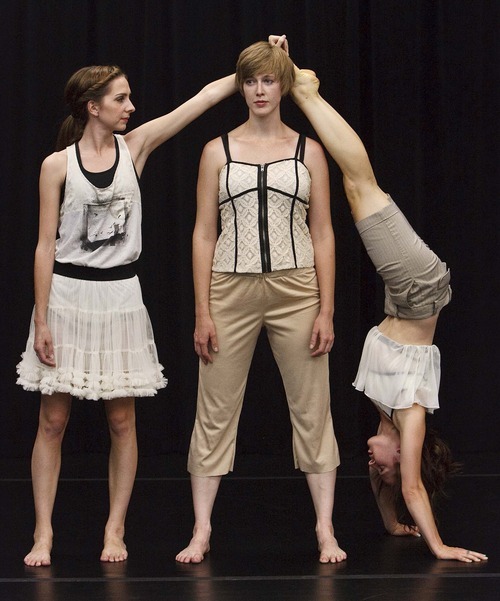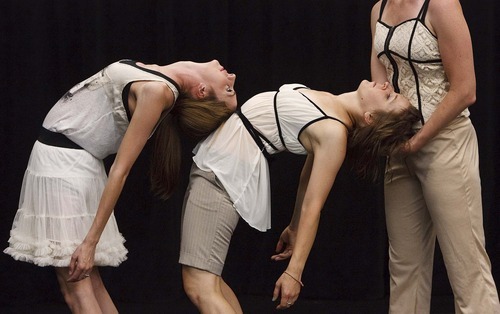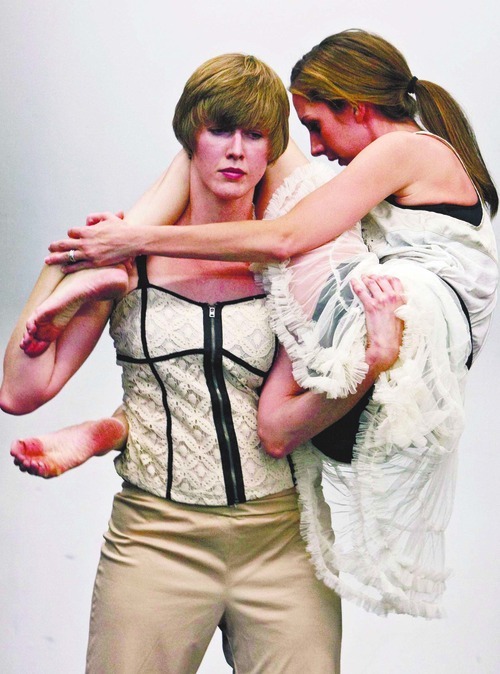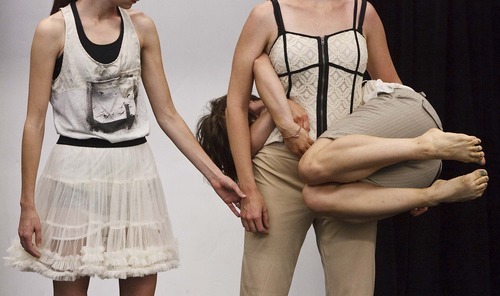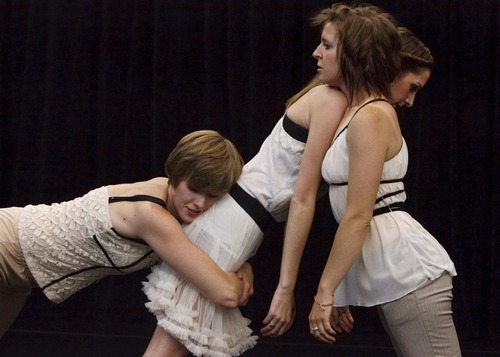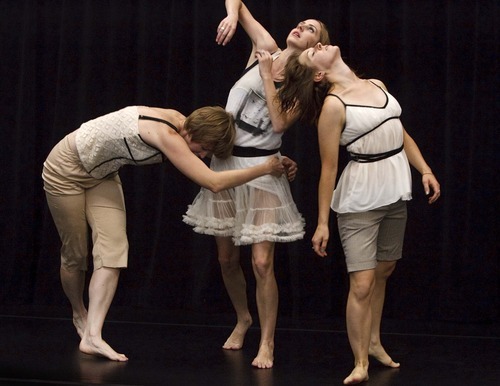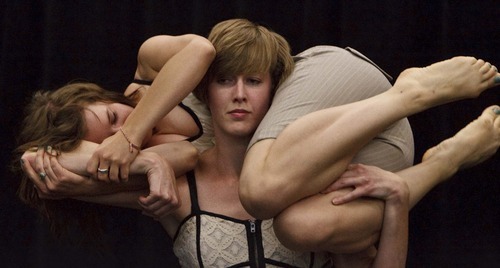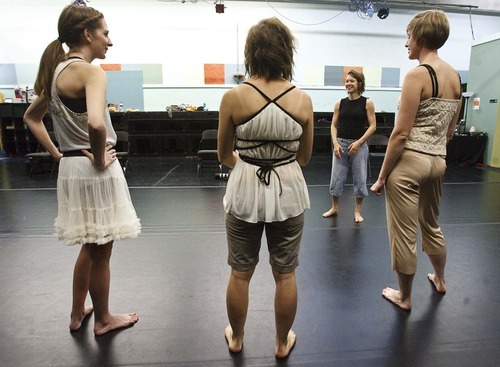This is an archived article that was published on sltrib.com in 2012, and information in the article may be outdated. It is provided only for personal research purposes and may not be reprinted.
"I've come to a conclusion about dance and money: if dancers did not sometimes sleep with rich people, American dance as we know it would cease to exist," wrote Lightsey Darst, a National Endowment for the Arts fellow in a series of controversial blog entries on The Huffington Post last month.
Although Darst went on to clarify the comment — that many dancers are married to someone whose income supports them, or rely on parents helping with rent — her blog post titled "The Poorest Art: Dance and Money" was enough to reignite the age-old subject.
It also brings up a new twist on dance company funding. When the Los Angeles-based dance company Body Traffic in February won a $25,000 grant from New York City's Joyce Theater Foundation, it was significant for several reasons. The Joyce Theater is the affordable equivalent of Lincoln Center for live dance performance in New York, and is a leading-edge force for dance presenting, funding, and education.
Funders are now looking away from the solo dance development process toward the paradigm of theater companies. "You have a producer, or a director, putting together a collaborative team; you have many, many opportunities to say it's not working out," said Linda Shelton, Joyce Theater's executive director, in a recent story published in The Los Angeles Times. "Or, if there is no market interest or demand, you can change gears. In dance, work is usually made in isolation without feedback in the process."
Enter Brittany Reese. Reese, originally from Salt Lake City, danced in New York and returned to have a family. She founded Sugar Space Studio for the Arts in 2007 and has since hosted multi-disciplinary arts programs, performances, artist residencies. She also rents the space for community classes and events.
Reese is taking the idea of collaboration seriously with her new company, the Sugar Space cooperative dance company, or co.da. The company has no single artistic director but lots of rules. It's hard to tell whether Reese's experience in laying down expectations comes from a business model or parenting books.
"I am not a traditional artistic director, but I do provide guidance and guidelines for both the aesthetic and the jobs that are required to be in the cooperative," she said.
The Sugar Space website has a comprehensive list of requirements members should be aware of before even washing out their leotard to audition. It includes the financial structure and how company funds will be broken down in percentages — everything is out on the table. Contracts last for only six months. So anyone can get voted off the island, so to speak, by the other members. Or, on the positive side, be elected to choreograph for other members of the company.
"From the beginning, I wanted to provide a home base for choreographers to produce new work," Reese said. "With the Sugar Show and other efforts I've donated the physical space with lighting, marketing, and presenting. What I'd hoped would happen is that these people would continue to choreograph and develop a body of work, but that hasn't happened."
Reese said the cooperative is another shot at helping choreographers develop work over time, give dancers a place to dance, and still pay the rent and keep the lights on.
In return for the dancers' administrative work, they get performing opportunities and a professional-level class. Plus every six months an out-of-town guest choreographer will arrive to infuse new ideas into the system. The guest artist receives lodging, dancers to choreograph on or with and a stipend.
Co.da company member Ariane Audd said she doesn't consider the extra administrative responsibilities a burden. "I think there is a higher level of mutual respect for each other, as we switch roles from dancer to teacher to choreographer," Audd said. "There is more trust and therefore more commitment to the group and a greater drive for us all to succeed."
The upcoming performance will give audiences a peek at how well the concept is working at its launch, with another opportunity to check in six months down the road.
Come together, right now
The inaugural members of the Sugar Space cooperative dance company — known as co.da — will culminate their term with a performance Thursday-Saturday, August 2-4 at 8 p.m. Choreography will be presented by guest artist Shannon Mockli, as well as by company members Molly Heller, Nancy Simpson Carter, and Jane Jackson.
Tickets • $12 general admission, $10 students at the door;
Where • Sugar Space, 616 Wilmington Ave., Salt Lake City; 888-300-7898
Artist-in-residence • Co.da's first resident artist is Shannon Mockli, professor at University of Oregon, who will be returning to Salt Lake City to present a solo, and setting a new work on the ensemble. She will also be teaching open master classes on Tuesday, July 24 and Tuesday, July 31 at 5:30-7 p.m. at Sugar Space.


